
Neuroradiology Fellowship
Mission
Thank you for your interest in the 1-year ACGMEAccreditation Council for Graduate Medical Education Accredited Neuroradiology Fellowship Program at the Wellstar MCG Health Center of Medical College of Georgia. We offer two slots annually for our program.
Our program is designed to provide trainees with the necessary clinical, technical, academic, and research skills required to be a successfully practicing independent neuroradiologist. The educational program is organized to provide comprehensive in-depth training and experience in the evaluation and diagnosis of patients in all aspects of Neuroradiology including brain, spine, and head & neck imaging for both pediatric and adult patients.
Applicants for this position should be graduated from an ACGME-accredited Diagnostic Radiology Program and should be board eligible or already certified by the American Board of Radiology. Our program offers additional training (6 months - 1 year) in our NSTNon-standard Training program upon discussion of career goals and strengths.
Jump to: About our Program Benefits Neuroradiology Faculty Application Process
Contact Us
Neuroradiology Fellowship
Tuba Kalelioglu, MD
Program Director
Latoya Jennings
Program Coordinator
762-375-3233
About our Program

Wellstar MCG Health has a Comprehensive Stroke Center and level one trauma center. AUMC shares a campus and is attached to the Childrens Hospital of Georgia which serves as a level 4 NICU and regional safety net hospital. Our Neuroradiology section performs over 50,000 neuroimaging studies annually with state-of-the-art equipment including three 3T MRIs, two 1.5T MRIs, and four multidetector CT scanners, which are split between hospital and outpatient imaging settings.
Diagnostic modalities covered in the training program include x-ray, ultrasound, computed tomography (CT), CT angiography, magnetic resonance imaging (MRI), MR angiography, fetal MRI, diffusion tensor imaging (DTI), functional MRI (fMRI), MR spectroscopy (MRS), and other advanced imaging techniques including CT and MR perfusion. Neuroendovascular procedures are performed in two state-of-the-art biplane angiography suites. Fellows have the elective opportunities to rotate in our active neuroendovascular surgery service with rotations also available in neurovascular ultrasound, anesthesiology pain management, and neuropathology.
In addition to diagnostic training, the program provides trainees with extensive hands-on procedural experience utilizing fluoroscopy, and conventional angiography including, but not limited to, lumbar punctures (diagnostic and/or therapeutic), intrathecal chemotherapy, and myelography.
Fellows are integral members of the Neuroradiology service and actively contribute to all aspects of daily patient care. In addition to image interpretation, fellows complete pre-procedure patient evaluation, perform procedures, and manage post-procedure patient care. The department provides opportunities for fellows to participate in teaching conferences, didactic lectures, journal clubs, and morbidity & mortality conferences. Ongoing multi-disciplinary conferences and tumor boards (e.g. neuro oncology, head and neck surgery, pediatric, epilepsy, neuroendovascular) also supplement the clinical experience.
Fellows are encouraged to play an active role in tailoring their training experience to help best prepare them for their future practice needs. Fellows work closely with seven board-certified neuroradiologists, six of whom also hold Certificates of Added Qualification in Neuroradiology. Three faculty members are senior members of the American Society of Neuroradiology, and all faculty members are academically productive with a range of research projects available for collaboration.
Benefits
Employment Benefits
- 3 weeks vacation
- Maternity/paternity leave
- Educational Support leave
- Health Insurance
- Dental Insurance
- Professional liability insurance
- Life insurance and short-term disability insurance
- Malpractice insurance
Professional Benefits
- Research Dollars. When original research is presented at a national conference, the department will reimburse to mitigate expenses.
- Paid subscriptions to Statdx, Radprimer, and/or Medality (MRI Online)
- BLS and ACLS recertification
Additional Perks
- Internal moonlighting reading inpatient routine and urgent studies beginning halfway through fellowship year available on all days of the week (subject to institutional policy and federal regulations)
- Ability to request leave in nonweek blocks
- A white coat
- $450 Jag Card Funds for use at campus restaurants and bookstore
- Free parking in deck located immediately adjacent to the hospital
- Lounge stocked with meals/snacks provided by the GME office
- Great membership rates available at Augusta University Campus Recreation Center
- Great discount program available for Augusta University's Faculty, Staff, and Students
More Employee Resources
For a complete description of the many benefits offered to you on the institutional side, please review the information at Housestaff Resources
Neuroradiology Faculty
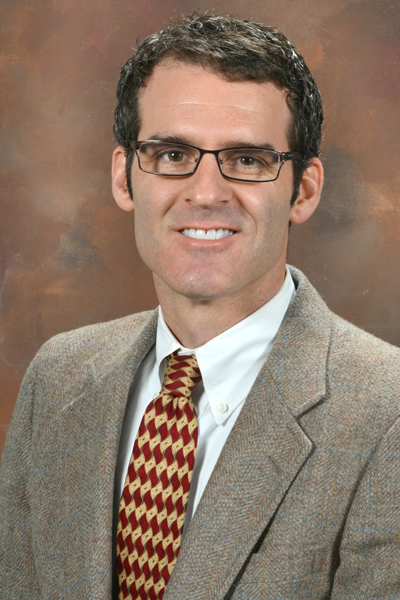
- Section Chief & Associate Professor
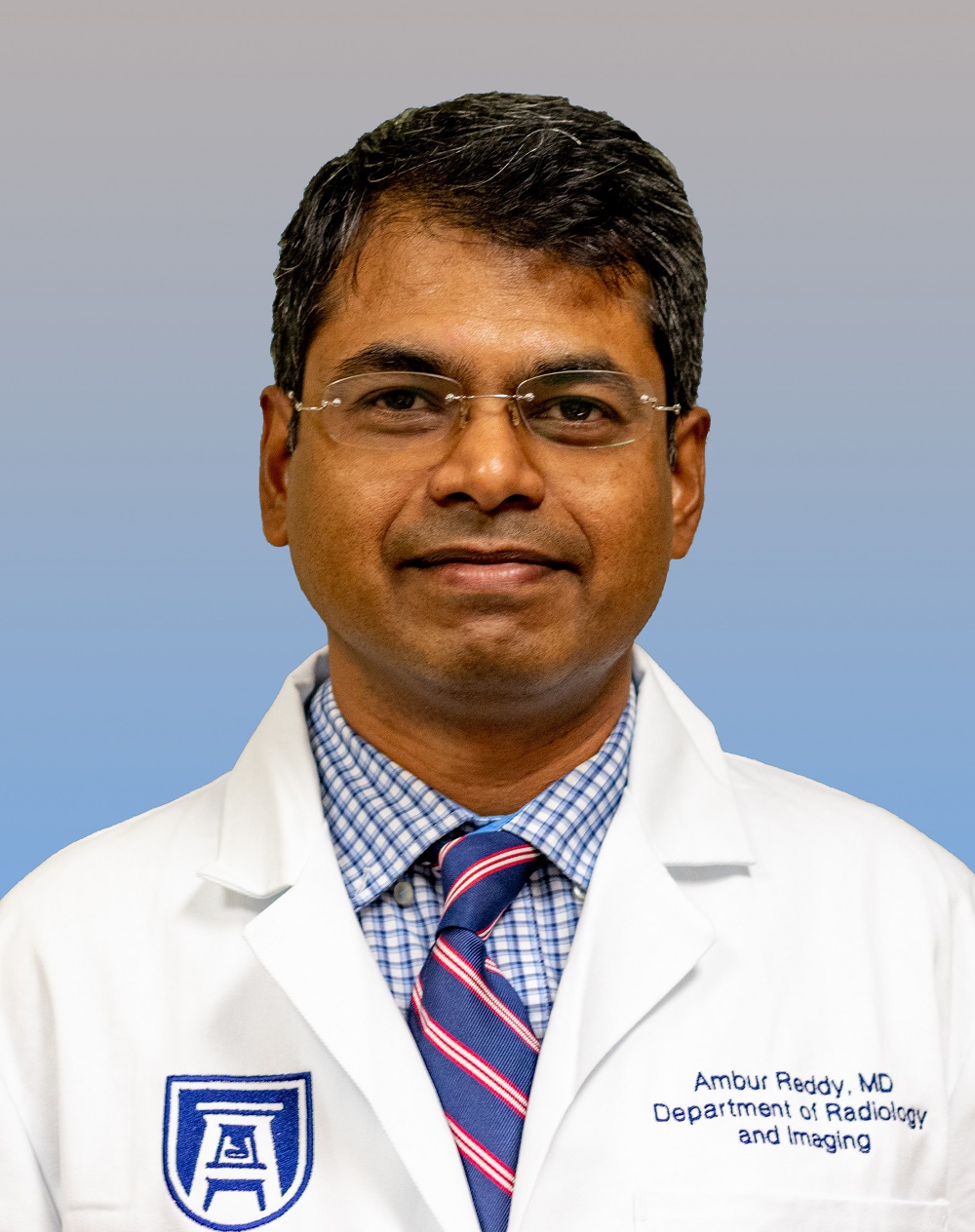
- Assistant Professor
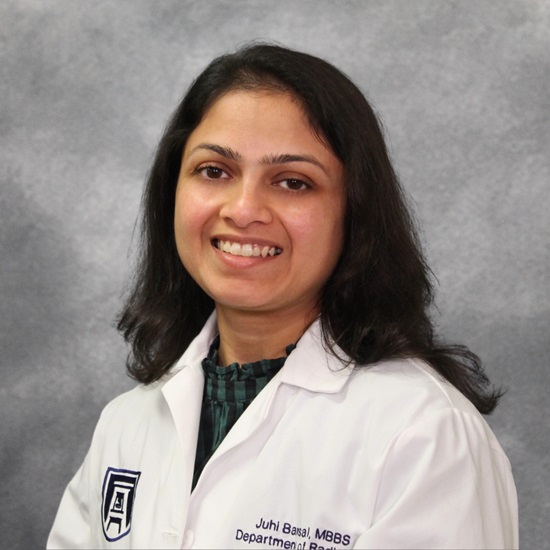
Juhi Bansal, MD
- Instructor
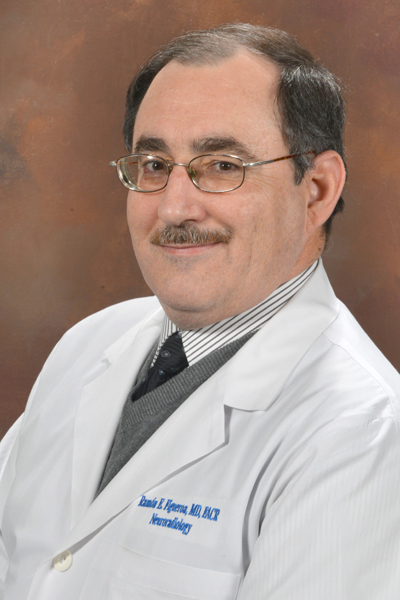
- Emeritus Professor
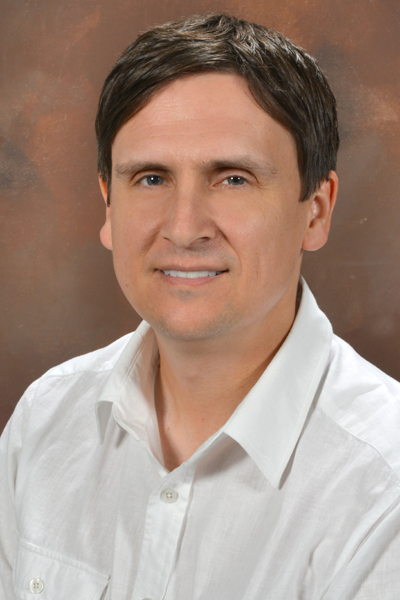
- Associate Professor
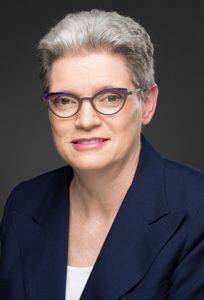
- P.L., J. Luther, & Ada Warren Endowed Chair of Radiology
- Professor
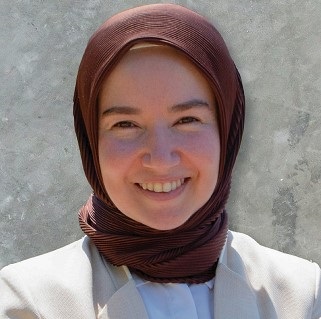
Tuba Kalelioglu, MD
- Neuroradiology Program Director
- Assistant Professor
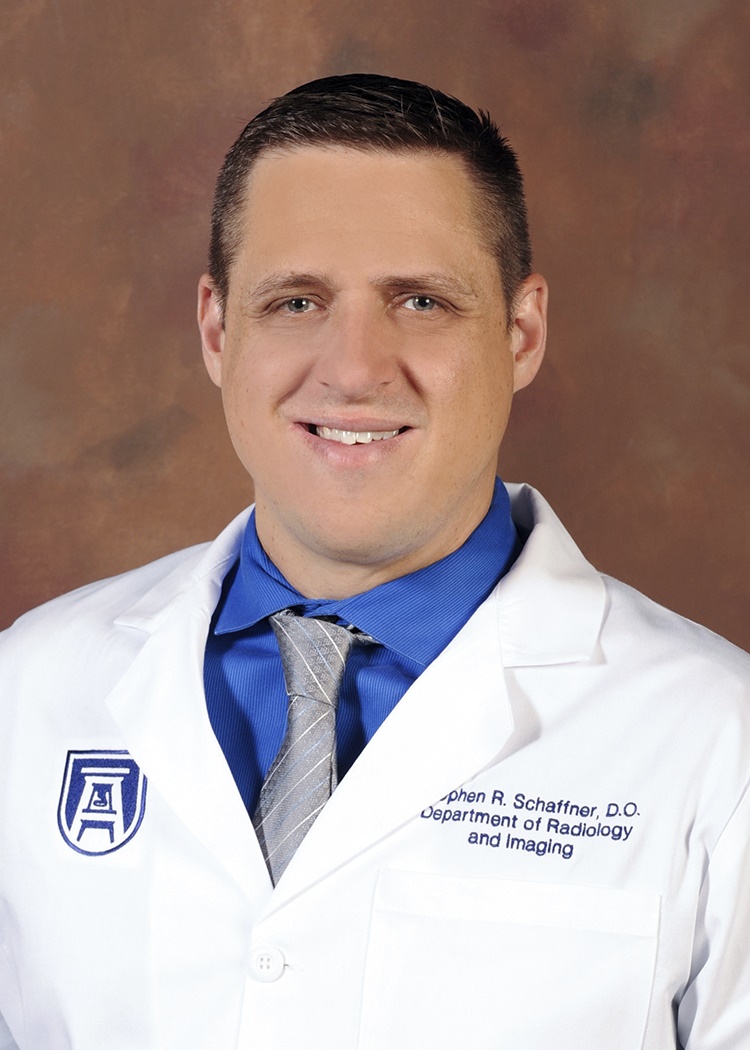
Stephen Schaffner, MD
- Assistant Professor
Application Process
Qualifications
Eligible candidates for this position should be graduated from an ACGME-accredited Diagnostic Radiology Program and should be board eligible or already certified by the American Board of Radiology. To ensure licensure, candidates must have passed the United States Medical Licensing Examination Step 3.
How to apply
The application and all supporting documentation must be submitted through radrecruitment@augusta.edu (October 1, 2025 - March 31, 2026) for the position starting July 1, 2026.
Important Notes: We are not participating in the NRMP MATCH. Our program will not be accepting applications for the 2027–2028 fellowship cycle.
Application Checklist
- Curriculum Vitae
- USMLEUnited States Medical Licensing Examination or COMLEXComprehensive Osteopathic Medical Licensing Examination transcript
- 3 letters of recommendation (1 from Program Director)
- Photo of applicant
Timeline
October 2025 - March 2026
Ongoing
Application review and interviews
July 1, 2026
1
Fellows begin training
We are not participating in the NRMP MATCH and will review applications between October 1, 2025 and March 1, 2026 for the position starting July 1, 2026. No fellowship positions are available for the 2027 - 2028 academic year.